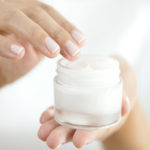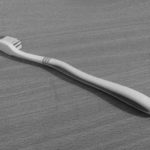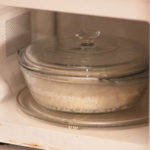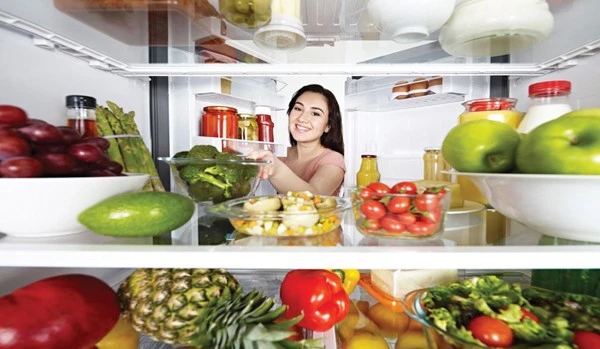
Storing Inappropriate Foods in the Refrigerator
The refrigerator is a sealed and low-temperature environment. Therefore, it is not suitable for storing foods that are prone to bacterial contamination, or foods that are best preserved at room temperature.
Here are some of the following foods to avoid putting in the refrigerator:
Cracked eggs: Eggshells can contain bacteria that cause Salmonella poisoning. If the eggshells are cracked, these bacteria can enter the eggs, so it is best to consume them as soon as possible. If you put these eggs in the refrigerator, they can cross-contaminate other foods, posing a health risk.
Leftover stir-fried vegetables: Stir-fried vegetables are good for your health, however, they will become “toxic” if stored in the refrigerator. An experiment conducted by the “Quality Assurance Technology and Food Institute” of Zhejiang Province showed that cooked vegetables stored in the refrigerator significantly increased the nitrite content.
Bananas: Bananas should not be stored in the refrigerator as they can turn black, spoil, change texture, emit odors, and decrease nutrition.
Seafood: Seafood is delicious and nutritious, but if stored in the refrigerator overnight, it will produce various types of bacteria, denature proteins, and pose a danger to the liver and kidneys.
Dried onions, garlic: Both dried onions and garlic should not be stored in the refrigerator as they can sprout, lose flavor, or spoil. You should store them in a cool place to prevent sprouting.
Bread: At refrigerator temperatures, bread will become dry, hard, and can quickly spoil.
Tomatoes: Chilling tomatoes will damage the inner membrane, altering their original flavor and texture.
Avocados: The low temperature of the refrigerator will cause avocados to ripen slowly, making them firm and no longer sweet and fragrant.
Not sealing leftover food before putting it in the refrigerator
Many families directly put the entire dish of leftover food into the refrigerator without sealing it. In reality, the refrigerator compartment is not a sterile environment, and it still contains various types of bacteria. If you do not seal the food properly, bacteria in the refrigerator can invade and transform your food, making it unsafe to consume. In addition, not sealing the food will also cause the refrigerator to have a bad odor.
Not cleaning the refrigerator regularly
After a long period of use, the ingredients and food in the refrigerator will produce a large amount of bacteria. This causes odor and hidden health risks that cannot be seen with the naked eye. According to Dr. Li Jun from the Digestive Department of Truong Hai Hospital, families should clean their refrigerators once a month, paying special attention to the rubber seals in the refrigerator to ensure cleanliness.
Waiting for food to completely cool before putting it in the refrigerator
Many people are used to waiting for food to cool completely before putting it in the refrigerator because they are concerned about damaging the refrigerator. However, this is actually a mistake.
After being taken out of the kitchen, the temperature of the food gradually decreases from 100 degrees Celsius. When the temperature of the food drops to 60 degrees Celsius, bacteria will start to grow. At 30-40 degrees Celsius, bacteria will multiply rapidly. If not properly stored, the food will easily spoil and contain harmful bacteria.
Many people worry that putting hot food in the refrigerator will burden the refrigerator, but compared to the risk of bacterial contamination in food, this burden is not worth worrying about.
The best approach is to wait for the food to cool to around 70-80 degrees Celsius, then wrap it tightly with plastic wrap or use a food storage container, which can prevent bacteria from entering, helping to maintain the freshness and quality of the food.
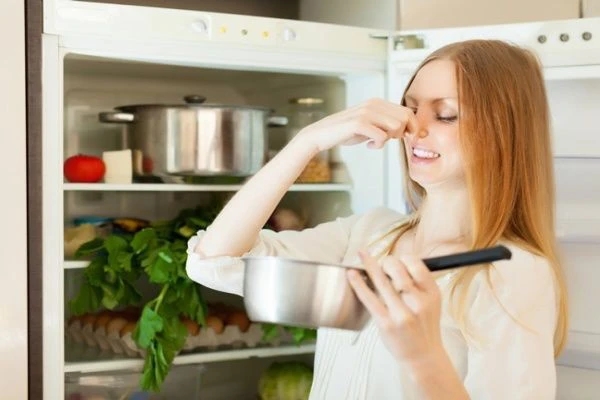
Using Nylon Bags to Store Food
Nylon bags contain many harmful substances for the body, especially colorants, which increase the risk of cancer. Moreover, nylon bags contain a lot of bacteria, so when used to store food, they can be harmful to health.
To preserve food, you should use specialized food storage bags or use high-quality plastic or glass containers.
Storing thawed food
Many people put unused thawed food back in the refrigerator. However, at this point, bacteria have multiplied significantly in the food, and maintaining this habit for a long time can lead to illness and decreased health.
It is best to divide the food into appropriate portions. In the case of necessity, you should store them in a separate container or bag, and consume them as soon as possible.
Not cleaning food before putting it in the refrigerator
When buying groceries, people often put them directly in the refrigerator without cleaning the food. According to nutritionists, various types of food often contain bacteria. For example, green vegetables may contain dangerous E. coli bacteria, which can cause urinary tract infections, severe diarrhea, and blood infections.
Therefore, before putting the groceries in the refrigerator, you should wash them thoroughly, put them in bags or containers for food storage.
Leaving the refrigerator door open for too long
It may seem harmless, but if you leave the refrigerator door open for too long or open it multiple times, it will cause the loss of cool air, making it easy for bacteria to enter the food.
Therefore, when taking things from the refrigerator, do it quickly, determine what items you need, and avoid opening the refrigerator without knowing what food items you want.
According to tienphong.vn


























